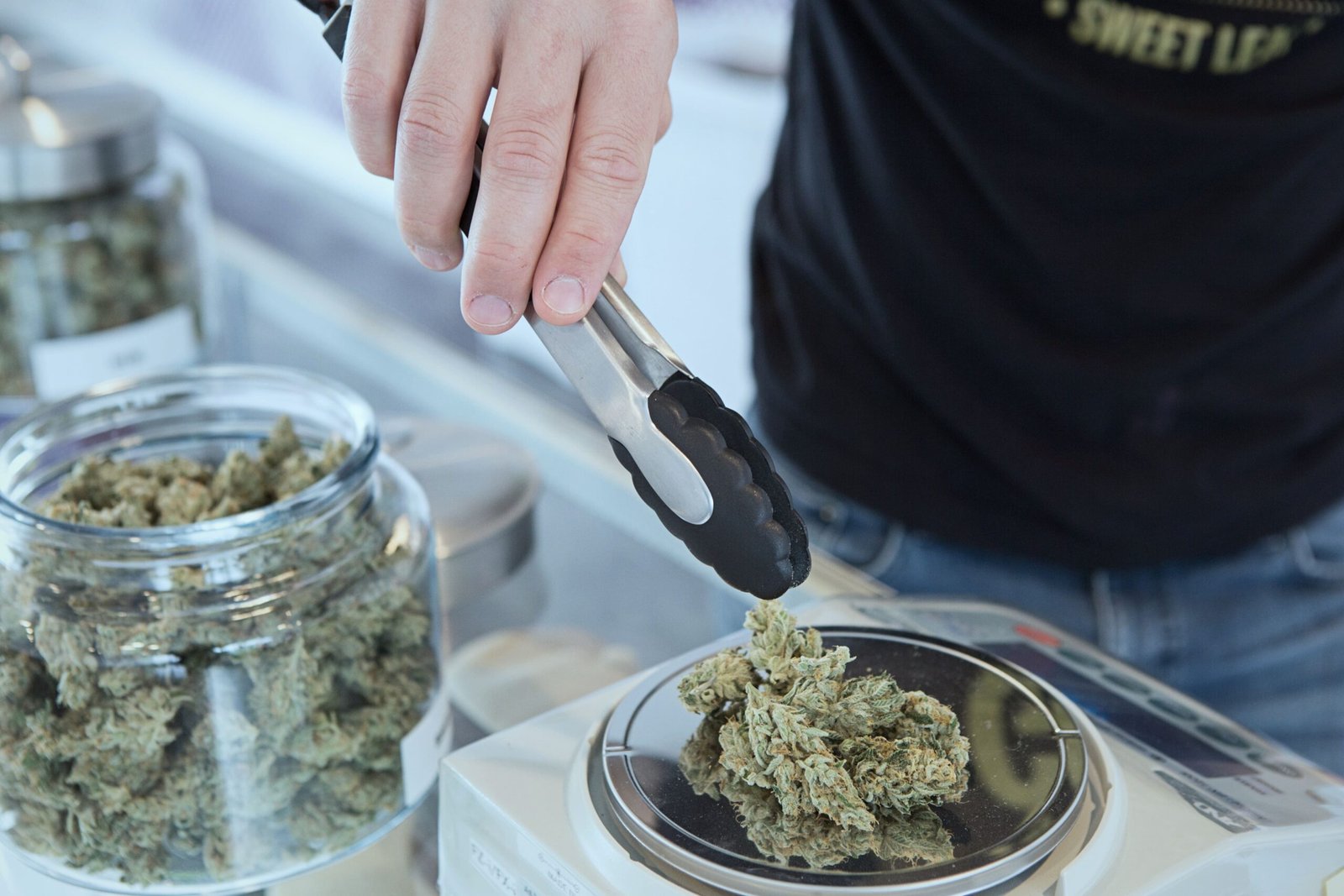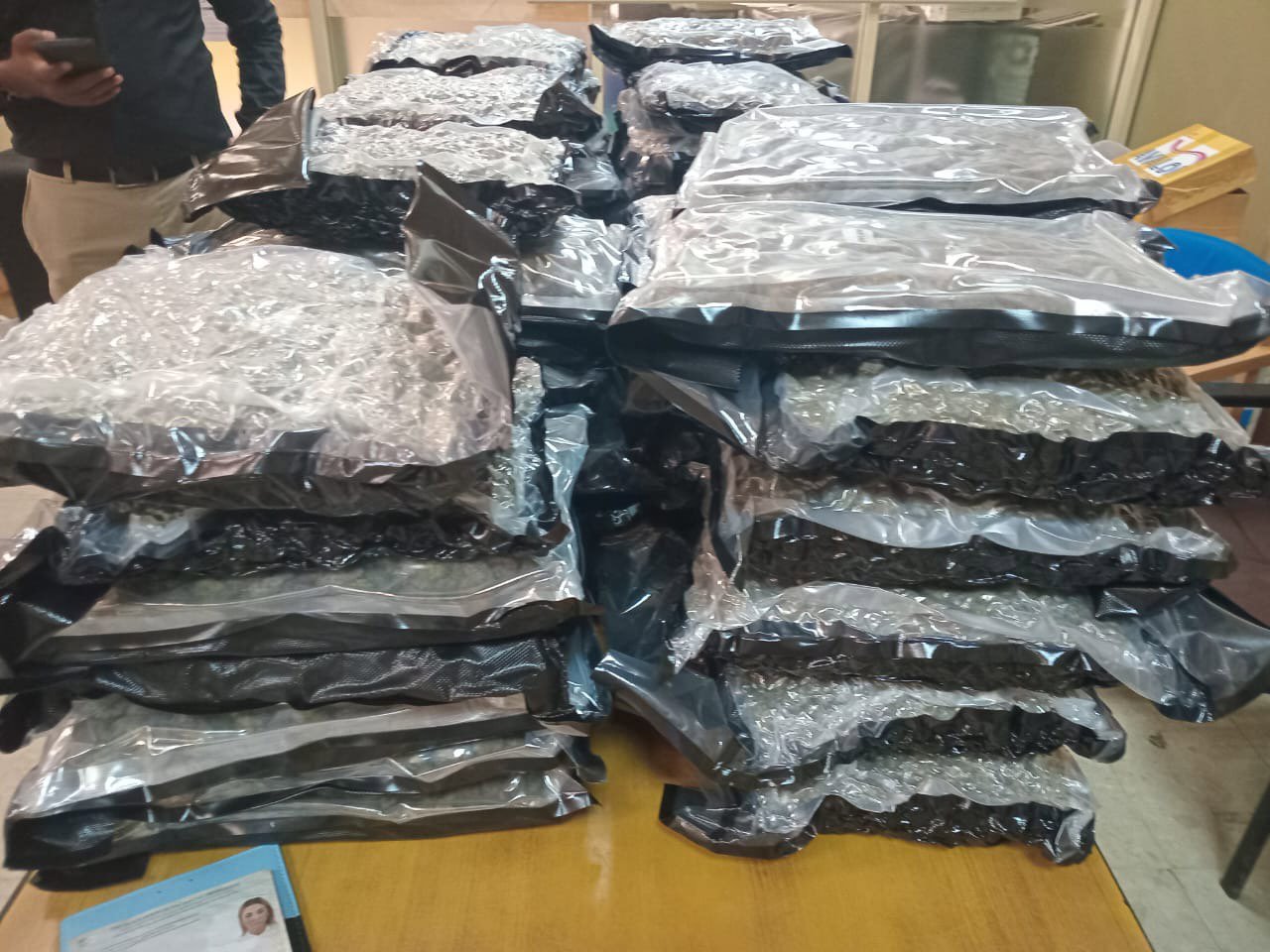Legal cannabis markets significantly enhance consumer safety by removing products from unregulated street corners and placing them in licensed retail stores. Recent events in Warwick, Rhode Island, illustrate the importance of these regulated markets. Local police retracted previous claims that a woman’s overdose was linked to ‘fentanyl-laced cannabis,’ highlighting that fentanyl is rarely found in cannabis products.
Sensational stories about fentanyl in cannabis have circulated widely. In 2021, Brattleboro, Vermont police arrested multiple individuals for distributing fentanyl-tainted cannabis, but subsequent lab tests confirmed that no fentanyl was present in the seized marijuana. Similarly, Connecticut officials linked fentanyl to numerous overdose incidents, but forensic analysis showed only one case involved actual fentanyl ingestion, likely due to accidental contamination.
A 2023 report from New York State’s Office of Cannabis Management emphasizes that misinformation about fentanyl-laced cannabis remains pervasive. The report states, ‘Anecdotal reports of fentanyl ‘contaminated’ cannabis continue to be found to be false.’ Furthermore, a study by Harvard Medical School found no substantial evidence of fentanyl in illicit cannabis seizures.
While the absence of fentanyl in cannabis is reassuring, unregulated products can still pose risks. A recent analysis of unregulated cannabis flowers revealed that 16% contained harmful mycotoxins and fungal metabolites. Additionally, some hemp-derived cannabinoid products were found to have unidentified cutting agents and toxic heavy metals like magnesium, chromium, nickel, and mercury. Some commercially available CBD products also contained psychoactive additives, including dextromethorphan, a common cough suppressant. These discrepancies can lead to consumers receiving products with inaccurate active ingredient levels, either too high or too low.
The appropriate response to these quality control issues is not to propagate unfounded fears about fentanyl-laced cannabis but to reduce consumer exposure to potentially harmful products. State regulations for adult-use and medical cannabis require products to be sourced from licensed manufacturers and sold in state-licensed retail stores. These regulations mandate adherence to good manufacturing practices, thorough lab testing, and accurate labeling, ensuring that consumers access products verified for purity and potency.
As regulated markets mature, they begin to replace unregulated cannabis sources. A 2023 survey indicated that 52% of consumers in legal states primarily purchase cannabis from licensed retail outlets, while only 6% rely on illicit dealers. Moreover, regions that have adopted legal cannabis markets have reported declines in the use of unregulated and synthetic cannabis products.
While marijuana legalization won’t completely resolve the fentanyl crisis, it significantly enhances consumer safety by moving cannabis products out of the shadows and into regulated environments. This shift reduces the risk of exposure to contaminated products and provides consumers with safer experiences. Paul Armentano, deputy director of NORML (National Organization for the Reform of Marijuana Laws), emphasizes that lawmakers are making strides towards ensuring safer cannabis consumption through regulation.


